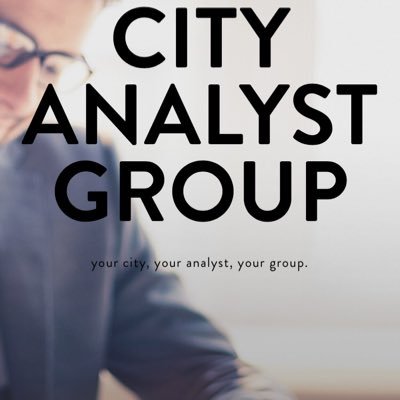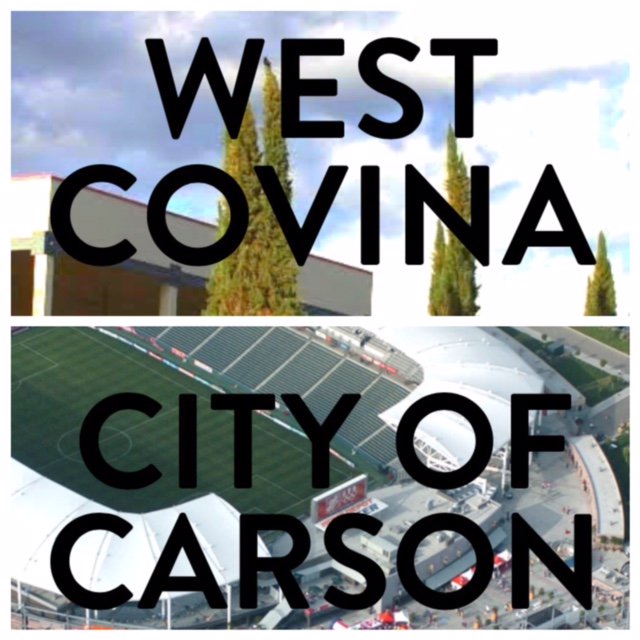
 By Danielle Merriweather, City Analyst Group
By Danielle Merriweather, City Analyst Group
In a Pepperdine University School of Public Policy class taught by Dr. Matthew J. Peterson on the intersection of media with state and local government, graduate students were assigned a class project: get campaign contribution records for candidates running for elected office in 2012-2015 in the City of Carson, CA and the City of West Covina, CA, analyze the records, and then publicize our findings. The cities were chosen by our professor because each city had experience political turmoil in recent years.
The class was divided into two groups. We shared ideas as a class in what was named the City Analyst Group. The City Analyst Group believes that local governments and elected officials should be accessible, transparent and accountable for their performance. Our aim was to a) find out what it takes for the average citizen to obtain and analyze the campaign contribution forms, which by law are public record, and b) reveal major influences on critical public policy issues within these cities to the public.
As of mid-November, we have encountered multiple obstacles and a few surprises along with way. We discovered in Carson and West Covina, these records are not easily accessible, and even if you do obtain them it takes a lot of work to make sense of the data contained within the stacks of forms. (We have shared our journey in greater detail at www.cityag.org.)
Why This Topic
Bell, CA – the corruption in Bell, CA is reason enough for residents to ask questions and become involved with their local government.
Having access to a candidate’s campaign contributions is the public’s right. The public may use the records to help them determine who to vote for, whether a candidate is overly influenced by special interest groups, or determining whether the candidate is living up to their campaign promises.
The Role of the Media
 In our class, we discuss the importance of the media’s coverage of local government. Media members have the power to hold local government accountable. Reporters asking the right questions and investigating important issues can potentially decrease the chances of corruption and bad judgment in your local government.
In our class, we discuss the importance of the media’s coverage of local government. Media members have the power to hold local government accountable. Reporters asking the right questions and investigating important issues can potentially decrease the chances of corruption and bad judgment in your local government.
The intersection of the media with state and local government is ever-evolving and remains critically important. Many people work, live, and play in their communities and cities and do not know how decisions, such as whether to hire more police officers or provide economic incentives to new businesses, are made. The media plays a major role in communicating the information.
With the rise of the Internet and social media, many local newspapers are struggling to stay afloat. Each time, a local newspaper goes out of business or decreases its days of publication, the media has less resources to hold local government’s accountability. Local government reporters are already spread thin which limits their time for thorough investigations. And with an increasing focus on national and international affairs, local government falls into the background and their decision undergo less scrutiny.
Making The Public Aware and Reaction
Our project is an example of what happens when the media turns away from local government. 39 days in one city and 54 days in the other – that’s how long it is taking to obtain campaign contribution records.
City Analyst Group is currently making strides in informing and making the public aware about our findings through our website www.cityag.org and social media. We have been actively using our media platforms to share our story for a little under a month and we have already started gaining attention and interest. We have been in contact with reporters from the Los Angeles Times, NBC San Diego, and the San Gabriel Tribune.
- A Tribune reporter accompanied two of our group members on a recent attempt to obtain campaign contribution records from the West Covina City Hall. After we were unsuccessful in obtaining similar information from the city of Carson, an NBC San Diego investigative producer/reporter became our advocate.
- Our Twitter feed has brought attention. For example, council members from both cities are following us. We gained this opportunity to share our story with ELGL via connecting on Twitter.
- On Facebook, we connected with Councilor Lloyd Johnson, a newly elected council member for the city of West Covina. Councilor Lloyd’s campaign platform centered on accountability and transparency.
- Carson Connected, a civic activist group, has become interested in our work and has expressed a willingness to share our findings. In addition we contacted other reporters and key individuals by via social media and email.
The people that have been interested in our project appear to know the importance of local government. The more difficult task is engaging the average citizen and explaining to them why they should care.
